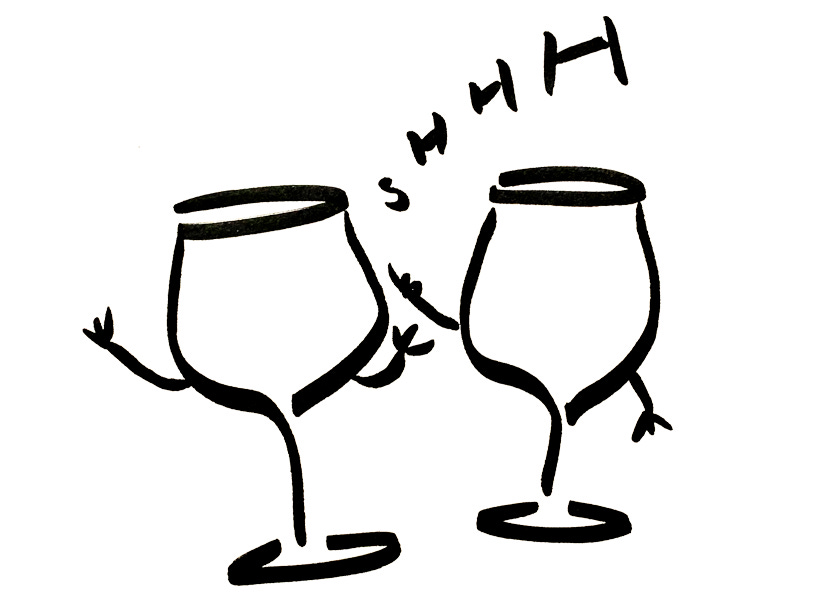What the TTB Won’t Tell You
There’s no official list of words that wineries, distilleries, and importers should avoid on labels
The Alcohol and Tobacco Tax and Trade Bureau, or TTB, is the arm of the US Treasury Department responsible for collecting taxes on alcohol and overseeing wine and spirit labels.1 With 521 employees, 11 office locations, and a budget of nearly $120 million, it collected $20 billion in tax revenue during its 2020 fiscal year; if the TTB were a private company, it would generate a profit per employee 25 times greater than financial firm KKR or over 60 times that of Visa. No less impressive is the fact that the TTB processed more than 150,000 wine, beer, and spirit labels last year with an average review time of only nine days.2 Not too shabby, Uncle Sam!
For the most part, the TTB is a model for government efficiency, an affront to libertarian skepticism about bureaucracy. When it comes to Certificates of Label Approval, or COLAs, the governmental pre-requisite for labelling a wine, beer, or spirit, it’s quite another story. While general guidelines can be found, the TTB offers little in the way of guidance when it comes to which specific words are prohibited from use on labels. Like George Carlin’s brilliant “Seven Dirty Words” monologue, there’s no official list of terms forbidden by the TTB.
Blue Label Packaging Co. shares that “…it’s not always clear what the TTB will consider off limits. …it depends on what a TTB representative finds obscene or indecent, not you or your customers.”3
The TTB says it rejects “obscene or indecent” label statements or designs. However, a quick review of the public COLA registry reveals that such gleefully flagrant labels as Little Fuck Malbec (replete with an image of a cherub flipping the bird) and Fuck Trump And His Stupid Fucking Wall have been approved. As such, the approval or rejection of COLAs by the TTB is terribly inconsistent with the prescribed federal regulations regarding prohibited practices.4
Regardless of your notion of profanity or what constitutes a health claim, here’s a short list of some words, images, and reasons that I have seen or heard cited as the cause for a label’s rejection:
“Elixir” because it’s a word that connotes curative or therapeutic qualities
“Alchemy” because it’s a word that connotes curative or therapeutic qualities
“Pure” unless it refers directly to the ingredients, but still a word I’d avoid
“Death” because it’s a word that alludes to intoxication
“Vintage” when used on a spirit label
Images of the American flag because it suggests an endorsement by the US government
Any verbal or visual reference to US Armed Forces because it suggests an endorsement by the US government
An image of a monkey beating a skull with a femur bone on a label of absinthe because it “implied that there are hallucinogenic, mind-altering or psychotropic qualities”
Untrue or misleading statements, which probably aren’t good packaging ideas anyway
Disparaging statements about competitors
Did I miss one? Leave a comment with your COLA experience for the benefit of others.
The TTB oversees many other things, too.
These numbers and others are drawn from the TTB’s Annual Report Fiscal Year 2020. May’s upcoming TL;DR column will provide a useful synopsis and commentary on this report. Current processing times for label applications are made available on the TTB website. As of the publishing of this article, the processing time for wine and spirit labels is only four days.
Blue Label Packaging Co. has some useful TTB label guidance on their blog as does Park Street.
Prohibited labeling practices for wine can be found in the Electronic Code of Federal Regulations as can the prohibited labeling practices for spirits.

